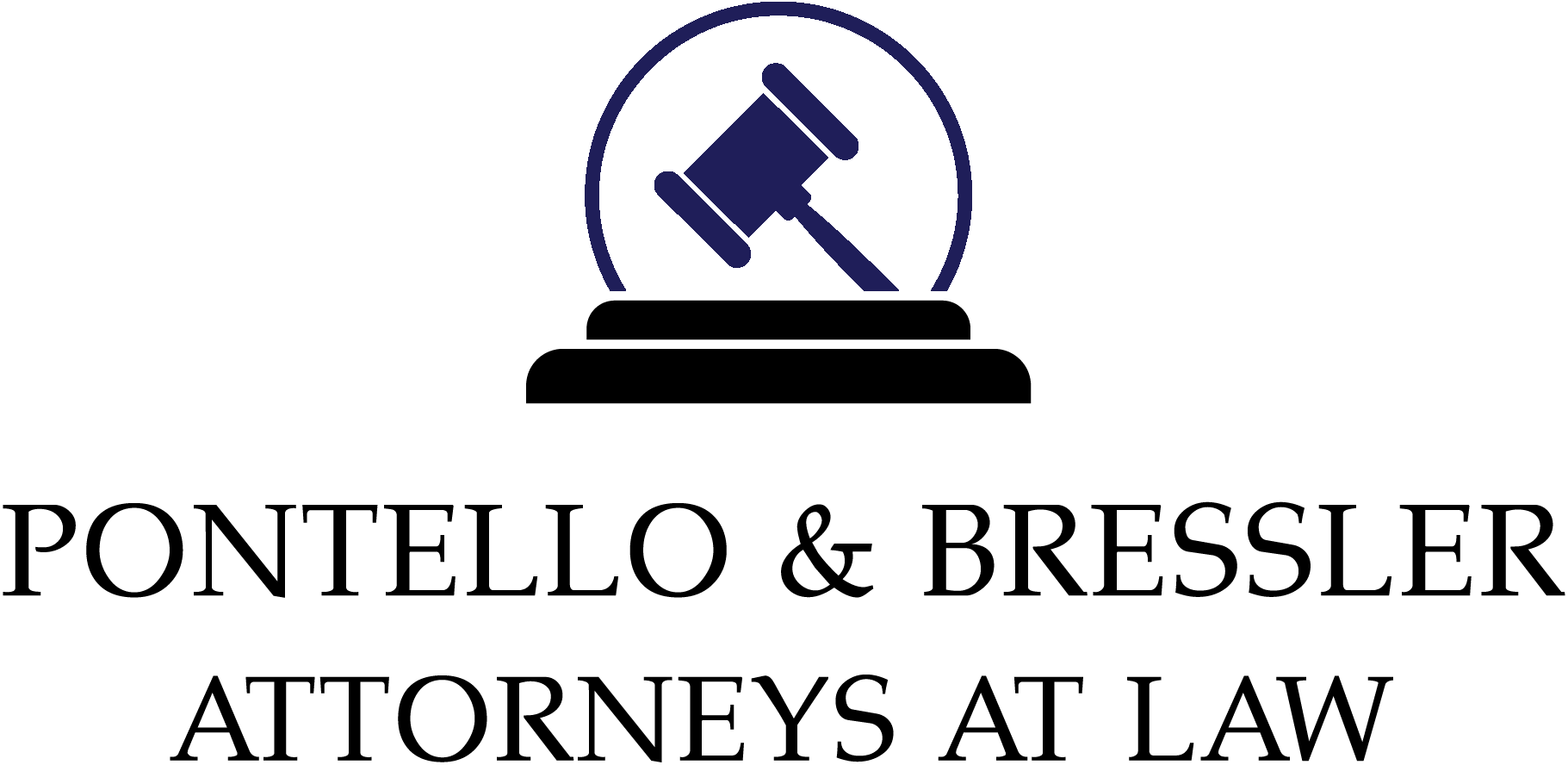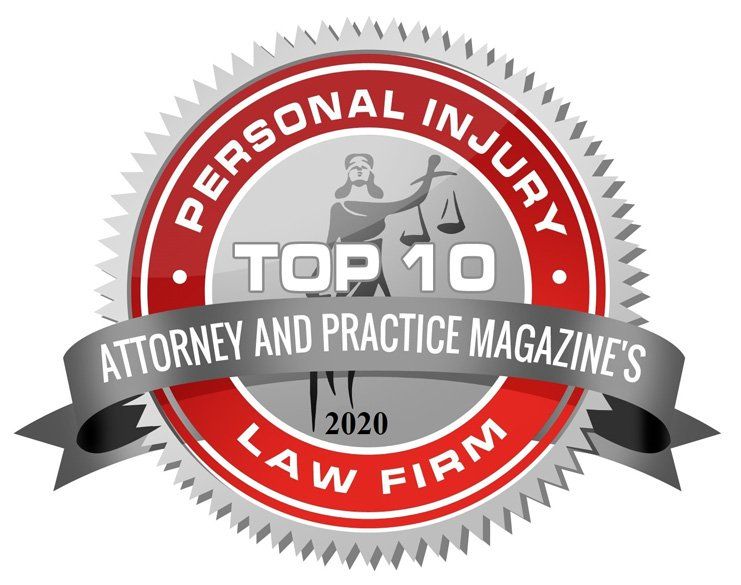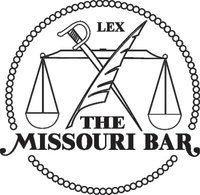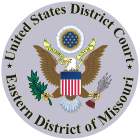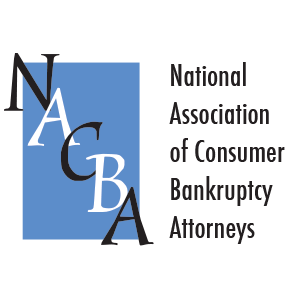CLIENT LOGIN
×Fair Debt Collection Practices Act (FDCPA)
Millions of Americans every year and find themselves overwhelmed with many different types of debt, often because of bad situations that are made worse by additional unfortunate circumstances. A recent CNN Money article stated that one in three Americans have a debt in collections. Some consumers may have accumulated staggering medical bills because of an unexpected emergency, while other families struggle to pay mortgages and credit card bills following a job loss. Debts can often go into collections when people are unable to pay their bills, adding another level of stress to an already difficult time.
The Fair Debt Collection Practices Act (FDCPA) was enacted to eliminate abusive and unfair debt collection practices. The FDCPA prohibits several practices by debt collectors and also provides consumers with ways to legally dispute debt inaccuracies. Debt collectors may be held liable for any FDCPA violations.
St. Louis Fair Debt Collection Practices Act Attorney
If you have been the victim of abusive debt collection practices, you may be entitled to financial compensation. The consumer protection lawyers at Pontello & Bressler, LLC stop abusive debt collection practices and work to obtain monetary damages for clients all over the greater St. Louis metropolitan area.
You should know that some of the types of harassment or abusive conduct that debt collectors are prohibited from engaging in under the FDCPA include, but are not limited to:
- Contacting you after the debt collector has received written notice that you want to cease communications
- Contacting you after you have submitted a written request for validation of the debt
- Contacting you at your place of employment when you have already stated that you are not allowed to take such phone calls
- Contacting you when you have made it known that you are represented by an attorney
- Making phone calls at unreasonable times
- Making repeated phone calls
- Misrepresenting the amount or legal status of your debt
- Reporting false information on your credit report or threatening to do so
- Threatening arrest, imprisonment, or legal action that is either unlawful, or not intended to be taken
- Threatening to use violence
- Using obscene, abusive, or profane language
If a debt collector continues to harass you after you have made reasonable efforts to get them to stop, you should save any abusive phone messages as well as copies of every letter to and from the debt collector. Make notes about every correspondence from the debt collector, including the date, time, and name or-if the debt collector refuses to identify himself or herself-
phone number. Finally, you should seek legal representation for help ending the harassment and filling an FDCPA lawsuit.
End Debt Collector Harassment and FDCPA Violations
Consumers who are victims of debt collectors violating the FDCPA may be entitled to statutory damages up to $1,000 as well as attorney’s fees. You could also be entitled to other damages such as lost wages in certain cases. If you believe that you have been the victim of FDCPA violations, contact Pontello & Bressler, LLC today to schedule a free consultation that will let our firm review your case.
We are proud to serve clients throughout the greater St. Louis metropolitan area, including Saint Charles and other surrounding counties.
We are a debt relief agency. We help people file for bankruptcy relief under the Bankruptcy Code. Many of the services and benefits provided by Pontello & Bressler, LLC are with respect to bankruptcy relief under title 11 of the United States Code. The choice of a lawyer is an important decision and should not be based solely upon advertisements.The use of this web site does not create an attorney-client relationship.
Free case evaluation
Free case evaluation
We will get back to you as soon as possible.
Please try again later.
© 2023 Pontello & Bressler, LLC. All Rights Reserved.
